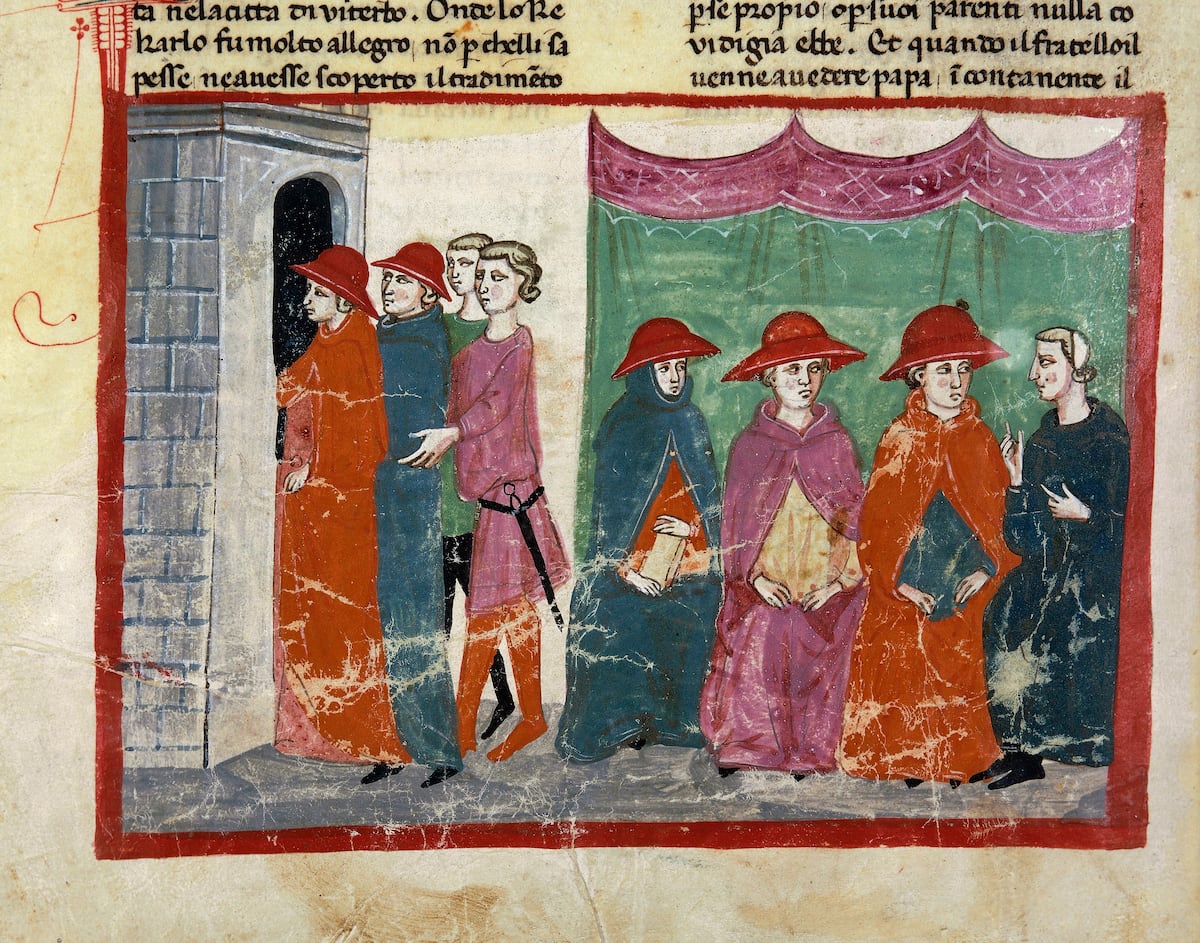
"Papal elections in the Middle Ages were chaotic, often marked by violence and the influence of powerful Roman families and political rulers, leading to both legitimate popes and antipopes."
"The primacy of the Bishop of Rome evolved over time amid turmoil, with historical legitimacy often granted to popes who seized power through conflict or influence."
The article discusses the historical complexities surrounding papal elections, especially during the Middle Ages, where chaos, violence, and political maneuvering often dictated outcomes. Unlike hereditary succession, any baptized male could ascend to the papacy, a fact that complicates the narrative of legitimacy. Political influences from emperors and powerful families frequently played a role, resulting in scenarios with multiple claimants to the pope's seat. The evolution of the Bishop of Rome's authority was not without controversy, as reflected in records like the Liber Pontificalis, indicating a turbulent history marked by factionalism and instability.
Read at english.elpais.com
Unable to calculate read time
Collection
[
|
...
]